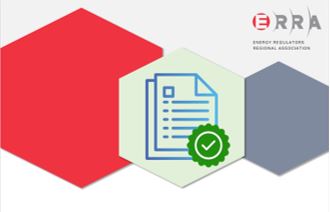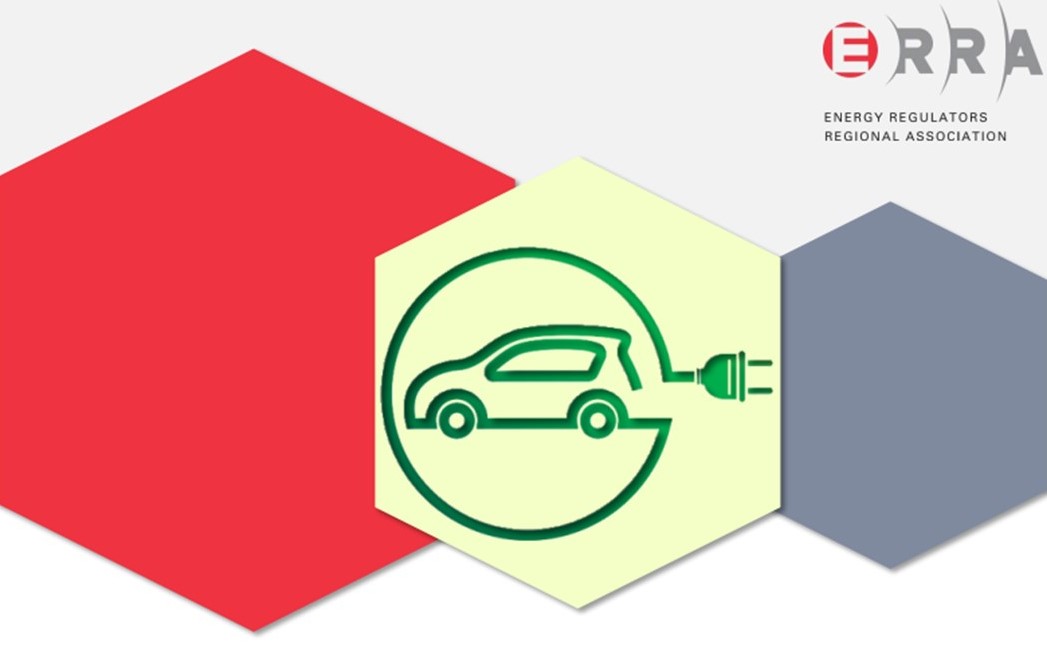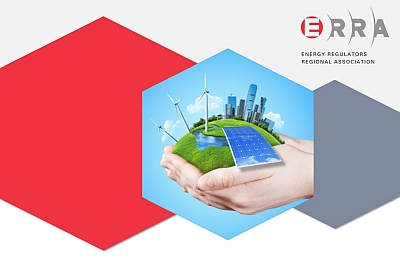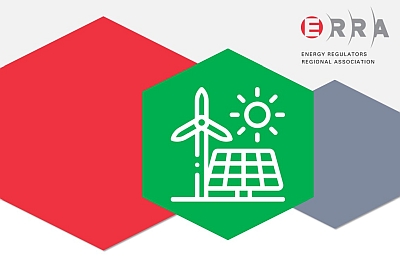Committee Leaders

Ms. Jelena Diliene
Committee Chair
Member of the Council
National Energy Regulatory Council, Lithuania
National Energy Regulatory Council, Lithuania

Mr. Tornike Apriashvili
Committee Vice-Chairman
Deputy Director of Electricity Department
Georgian National Energy and Water Supply Regulatory Commission, Georgia
Georgian National Energy and Water Supply Regulatory Commission, Georgia
Scope of Work
- Enhancing power system flexibility options: energy storage and demand response; challenges in RES integration; price and non-price mechanisms.
- Electrification, e-mobility and related regulatory challenges.
- Solutions for incentivizing renewable heating and cooling.
- RES Support schemes: Feed-in tariffs, feed-in premiums, auctions, etc.; and their impacts on investors and other stakeholders, as well as on the speed of substituting fossil generation.
- Non-price support mechanisms for RES: Land usage rights, connection privileges, tax exemptions, priority dispatch, single buyer, improved administrative procedures, Guarantees of Origin.
- Energy efficiency and related regulatory challenges.
- Regulatory roles in facilitating new technologies (sandboxing, regulatory experimentation)
- Energy transition among fossil fuel dependent and emerging economies– how to finance infrastructure projects and develop adequate regulations.
- Decentralization: Distributed generation; prosumers, RES communities and other new roles in the evolving energy landscape.
- Hydrogen – market design, feasibility of establishing markets and the supply chain, regulations.
- Renewable gases – regulations, lessons learnt, impacts on the sector.






